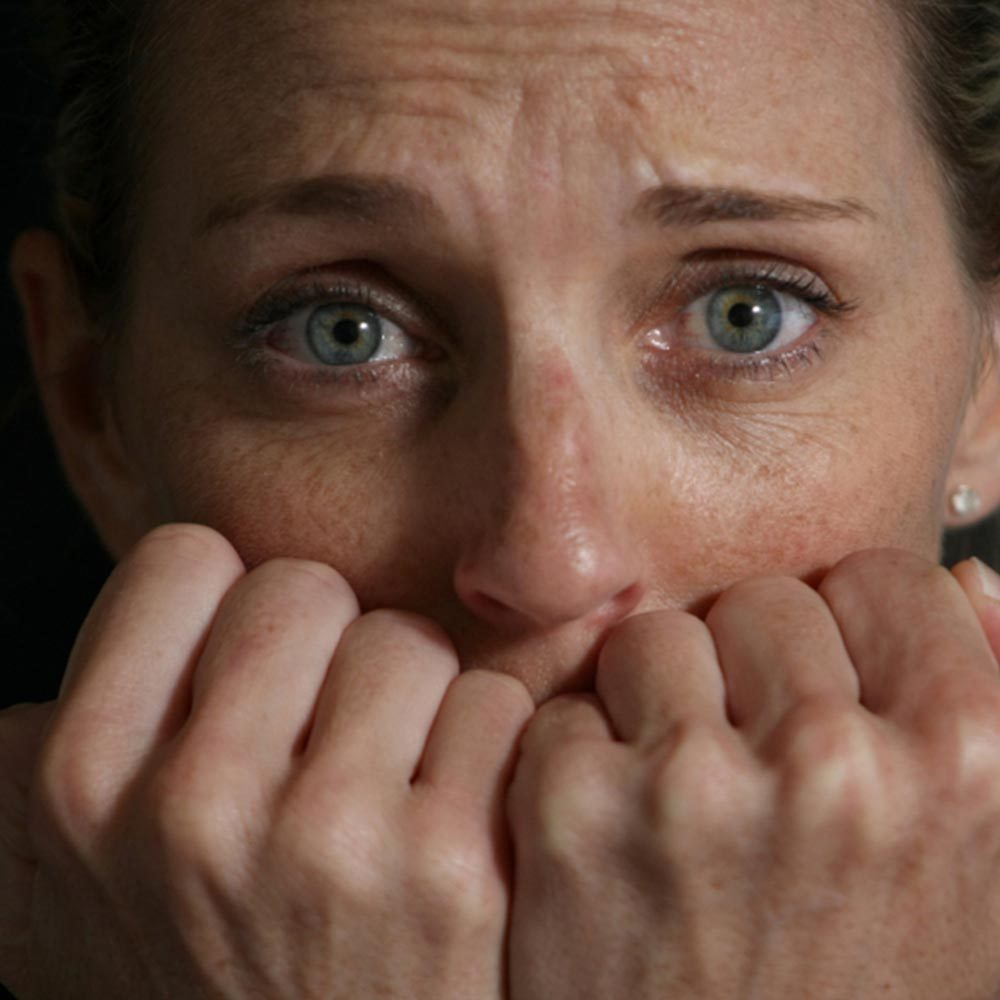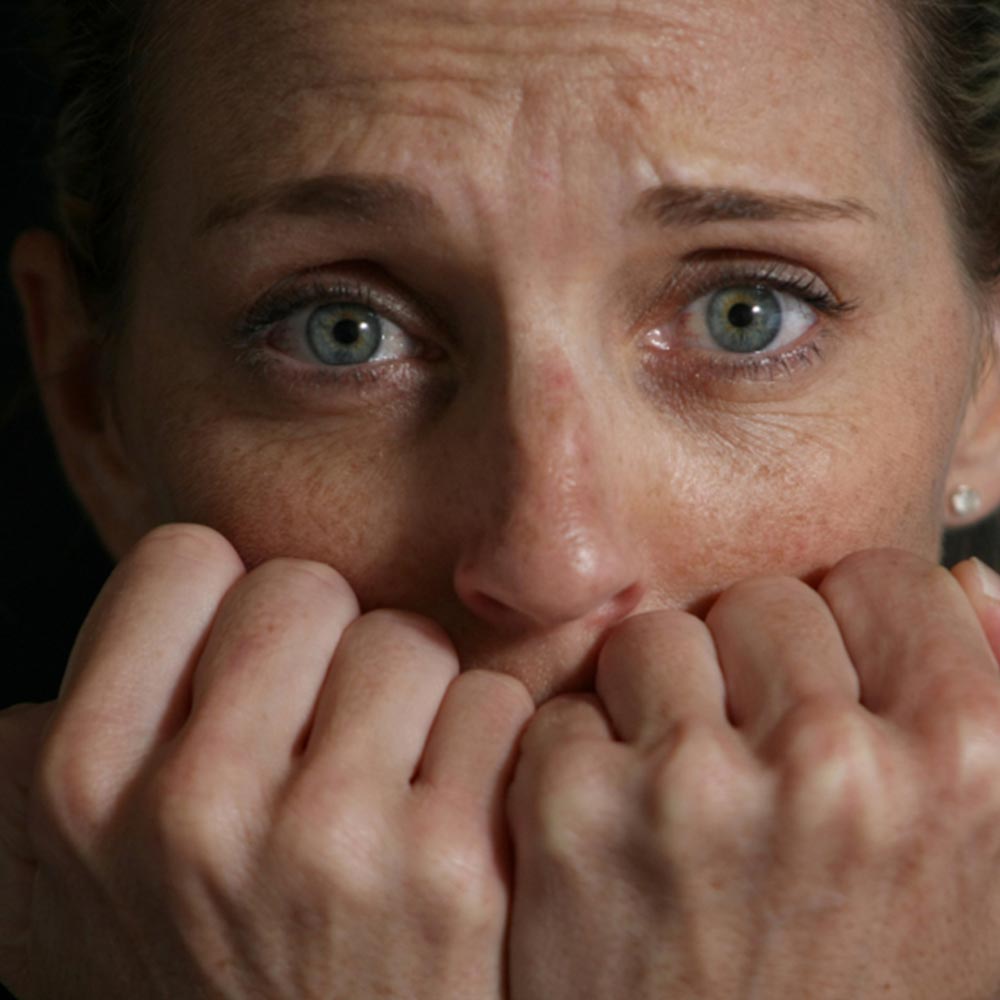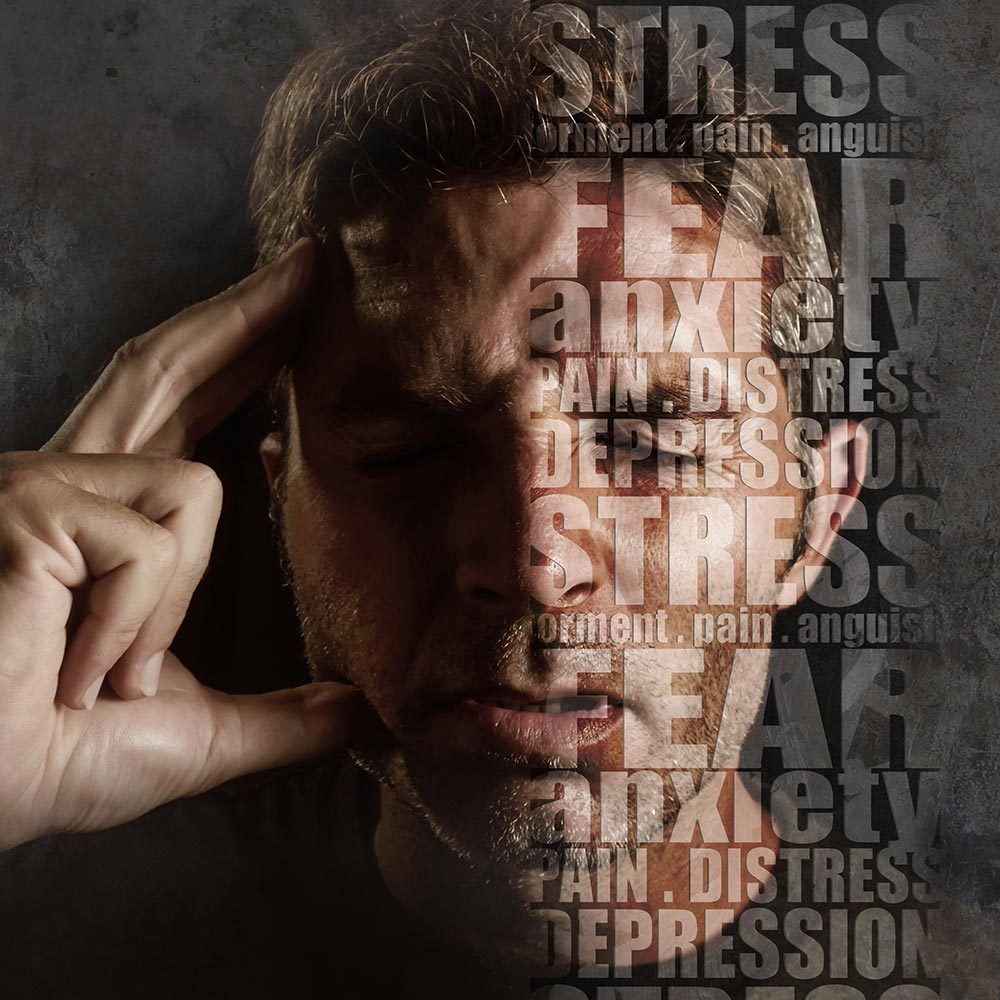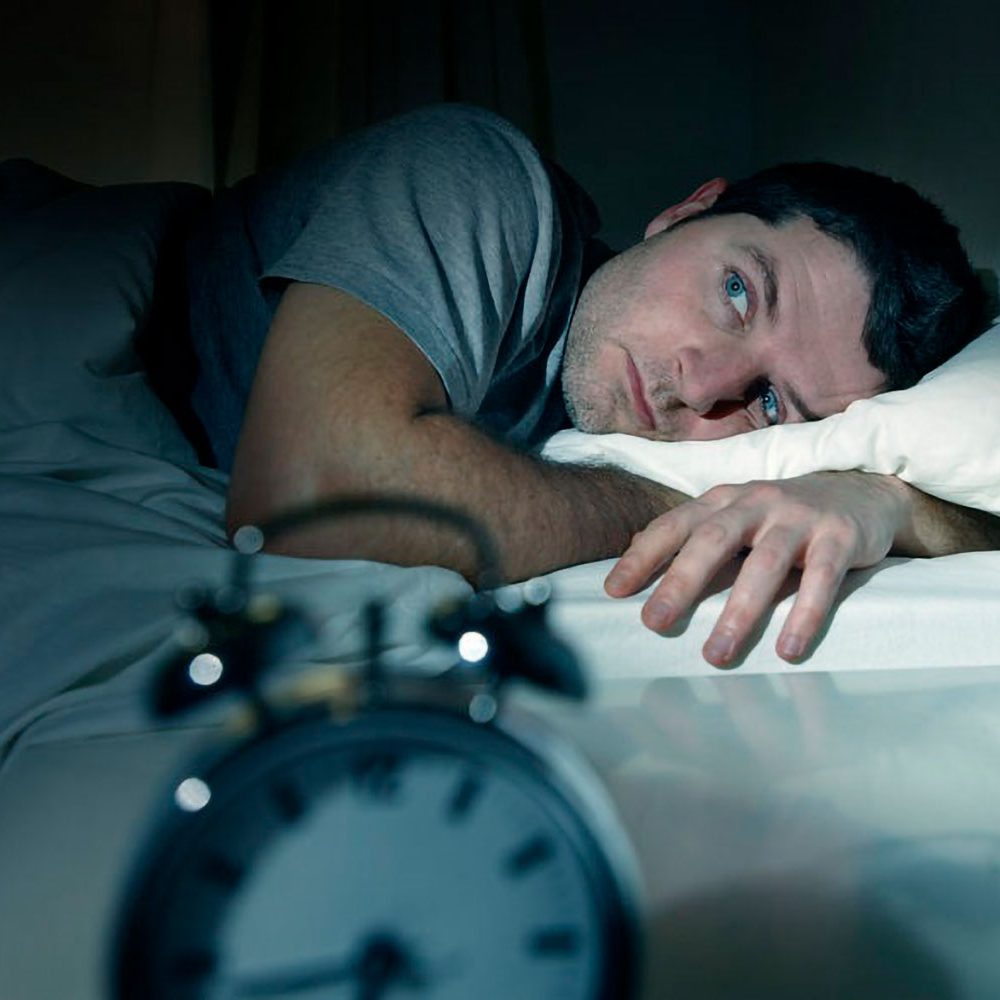Anxieties
Suffer from Anxiety? This can help.

Are you experiencing one of the following symptoms?
- Trouble sleeping
- Feeling as though something awful is going to happen
- Feeling ill at ease or on edge a lot of the time
- Noticing physical symptoms such as churning stomach or breathing problems
- Unable to focus or concentrate
- Overthinking
Causes for anxiety
Stress and anxiety are emotionally distressing and can affect every area of your life. Life can become so distressing and every event can seem like a huge challenge. You may become withdrawn, your performance may suffer at work and socially. After a while many people develop chronic conditions such as headaches, insomnia, IBS, tinnitus,skin conditions and more. The under lying causes for anxiety lie in your subconscious. Previous significant events and/or limiting beliefs learned during childhood are responsible for the way you feel. Social anxiety, Generalized anxiety, panic disorders all have roots in childhood experiences.
Top Tips to fight Anxiety
- Deal with it, don’t keeping avoiding situations which trigger anxiety. As tough as that seems, avoidance will not get rid of the anxiety and may actually make it worse.
- Question your thoughts. Often we catastrophise things in our heads before we even encounter them.
- Use 7/11 breathing to calm yourself. This breathing technique will allow the Adrenalin and cortisol to dissipate and restore blood flow to your thinking brain (Pre Frontal cortex).
- Plan. Planning ahead can ease the stress of having to cope ‘on the hoof’.
- Book some sessions with one of our qualified therapists.
How we can help you
Our team of therapists can help you overcome your anxiety. Helping you to understand yourself and your beliefs will start the journey to transform your life and help you be free from your anxiety. Different therapists have different approaches so it will be up to you who you want to work with and which approach would work best for you.
Most of our therapists offer a FREE face to face half hour consultation or a telephone consultation so you can choose who you want to work.
Therapies to help you overcome anxiety
Unsure what‘s the best solution for you?
Contact us now for a free and friendly first consultation.



















